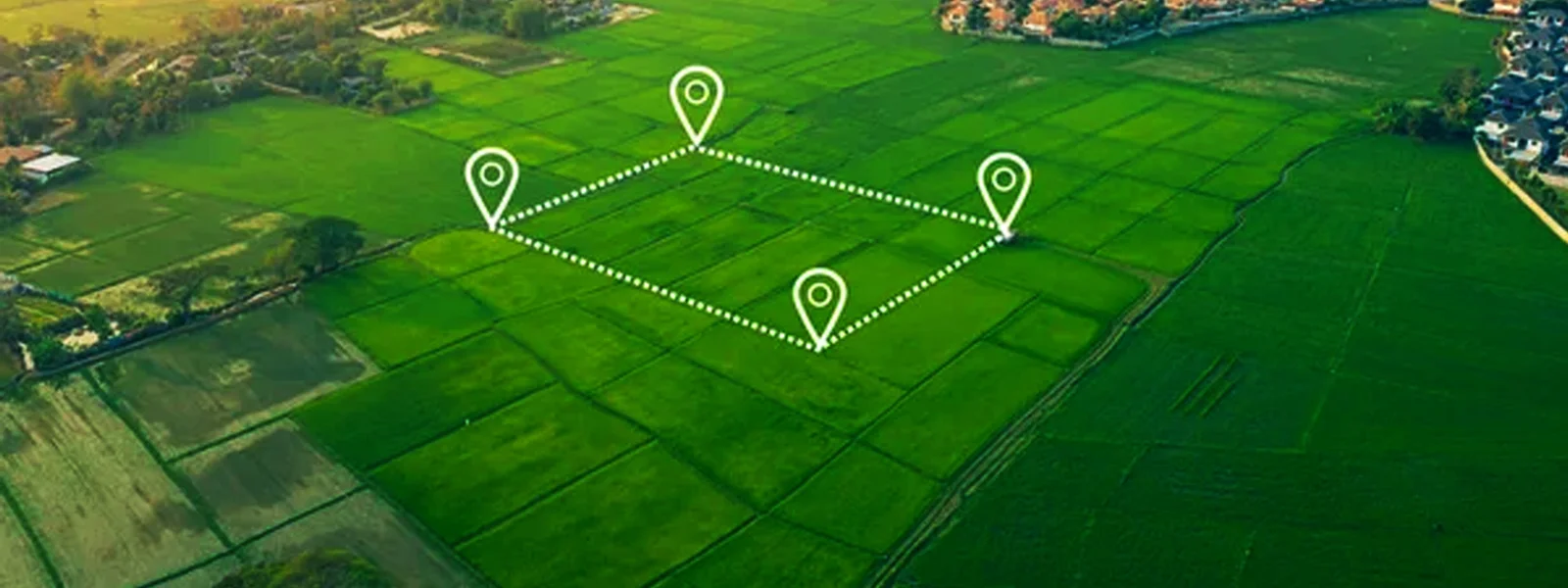Acquiring land in Kenya is a significant investment and a detailed process.
Here is a step-by-step guide to help you navigate the legal process of acquiring land in Kenya:
1. Identify the Land
Acquiring land in Kenya is a significant investment and a detailed process that requires a clear understanding of the legal framework to ensure a smooth transaction. Here is a step-by-step guide to help you navigate the legal process of acquiring land in Kenya.
2. Conduct Due Diligence
Due diligence is a critical phase in the land acquisition process. This involves:
=>Search at the Land Registry: Conduct a search at the Ministry of Lands and Physical Planning to confirm the land's ownership status and check for any encumbrances, such as mortgages or disputes.
=>Check the Survey Plan: Verify the land's boundaries and dimensions with the survey plan available at the Survey of Kenya offices.
=>Confirm Zoning Regulations: Ensure the land use complies with local zoning regulations and that it aligns with your intended purpose.
3. Negotiate the Purchase Price
Once the due diligence is complete and you are satisfied with the land's status, negotiate the purchase price with the seller. It is advisable to engage a professional valuer to determine the fair market value of the land.
4. Draft the Sale Agreement
A sale agreement is a legally binding document that outlines the terms and conditions of the sale. It should include details such as:
=>The agreed purchase price
=>Payment terms
=>Obligations of both the buyer and seller
=>Penalties for breach of contract
It is advisable to engage a lawyer to draft or review the sale agreement to ensure all legal aspects are covered.
5. Obtain Land Control Board Consent
For agricultural land, you must obtain consent from the Land Control Board (LCB) in the area where the land is situated. The LCB's consent is mandatory for any transaction involving agricultural land to ensure it adheres to local land use policies. The board typically meets once a month, and you need to apply in advance to be included in the agenda.
6. Payment of Purchase Price and Stamp Duty
After signing the sale agreement and obtaining the necessary consents, the next step is to pay the purchase price as per the agreed terms. Subsequently, you will need to pay stamp duty to the Kenya Revenue Authority (KRA). The stamp duty rates are:
=>4% of the property value for urban areas
=>2% of the property value for rural areas
7. Transfer of Title
Once the stamp duty is paid, the seller prepares and signs the transfer documents, which include the transfer form, land rent clearance certificate, rates clearance certificate, and the original title deed. These documents are then lodged at the Land Registry for registration.
8. Registration of Transfer
The Land Registry will process and register the transfer documents, and a new title deed will be issued in your name. This process typically takes a few weeks. Upon successful registration, you are officially the legal owner of the land.
9. Post-Transfer Activities
After acquiring the land, ensure to:
=>Fence the Land: Secure the boundaries to prevent encroachment.
=>Update Records: Notify relevant authorities, such as the county government, to update their records with your details as the new owner.
=>Develop the Land: Obtain necessary permits and approvals for any development you plan to undertake.
Conclusion
Acquiring land in Kenya involves a detailed legal process that requires due diligence and adherence to various regulatory requirements. Engaging professionals such as lawyers, valuers, and surveyors can help ensure a smooth transaction and protect your investment. By following these steps, you can navigate the legal process confidently and secure your land ownership in Kenya.
